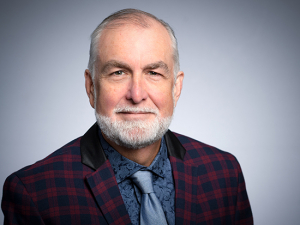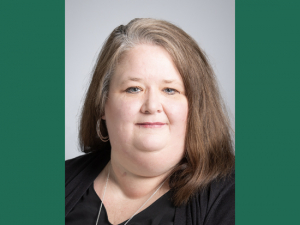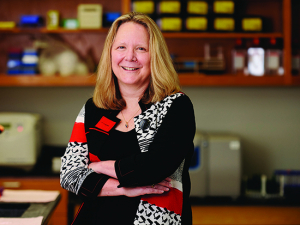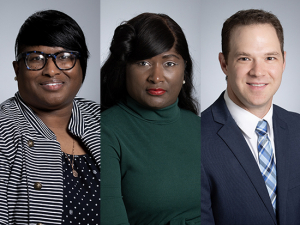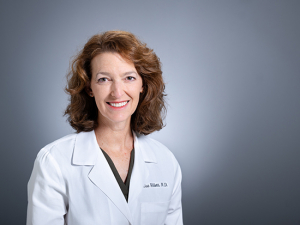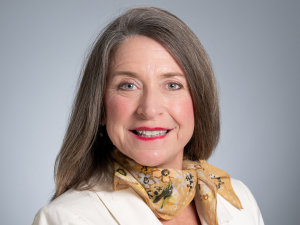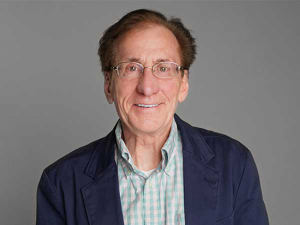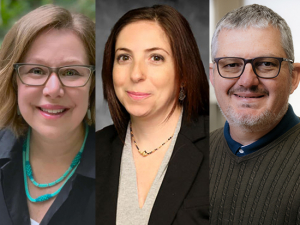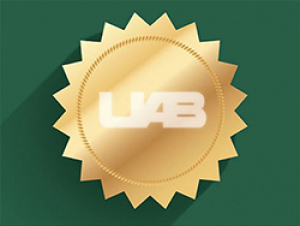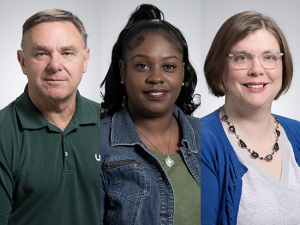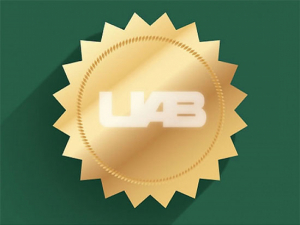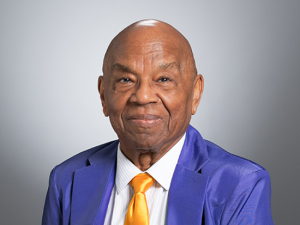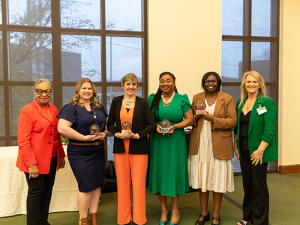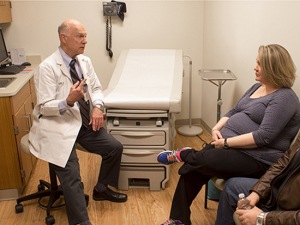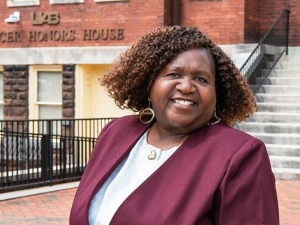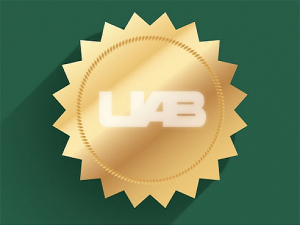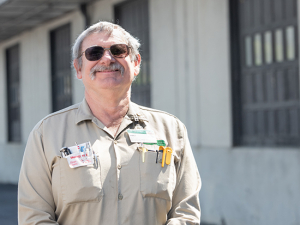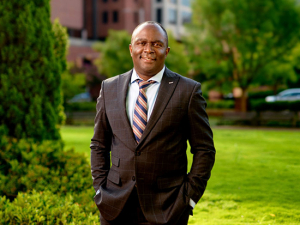 Scientists mapping the human genome, a librarian, two deans, pre-eminent psychologists, keepers of Big Data and faculty in history and English are only part of it.
Scientists mapping the human genome, a librarian, two deans, pre-eminent psychologists, keepers of Big Data and faculty in history and English are only part of it.
What do they have in common? They are the inaugural Edge of Chaos Scholars.
The Edge of Chaos, an initiative of the UAB School of Public Health, is a catalyst for collaborative innovation and mobilizing good works — in the community, the nation and the world. Its Scholars Program brings together many of the finest minds at UAB to deal with “wicked problems” — problems that defy easy or obvious solutions.
Twenty-six UAB faculty members were invited to become Edge of Chaos Scholars based on their academic standing, accomplishments and their innovative perspective on the development of creativity and intellectual capacity on campus. Throughout the coming academic year, they will present lectures on a range of topics — with an emphasis on innovation and interdisciplinary thinking.
“We’re drawing together some of the finest minds in Birmingham and the entire United States to think about some of the most significant issues that confront us as a society,” says David Hooks, director of innovation for the School of Public Health.
The Scholars are as follows:
Distinguished Professor David Allison, Ph.D., associate dean for Science, Director of the Office of Energetics, School of Public Health;
Jonas Almeida, Ph.D., professor of pathology and director, Division of Informatics;
Thomas Anthony, director of the Big Data Research and Analytics Laboratory, UAB Information Technology;
Distinguished Professor William Cockerham, Ph.D., chair of the Department of Sociology; College of Arts and Sciences;
William Curry, M.D., professor of medicine, associate dean for Primary Care and Rural Health, and senior VP for Population Health for the UAB Health System;
Joel Dobbs, Executive-in-Residence, UAB Collat School of Business
Michelle Fanucchi, Ph.D., associate professor and chair, Department of Environmental Health Sciences; School of Public Health;
George Howard, DrPH, professor of biostatistics, School of Public Health;
Eric Jack, Ph.D., dean of the Collat School of Business;
Andrew Keitt, Ph.D., associate professor of history and director of the Graduate Program; College of Arts and Sciences;
Meredith Kilgore, Ph.D., professor and chair, Department of Health Care Organization and Policy; School of Public Health;
Josh Klapow, Ph.D., associate professor, Health Care Organization and Policy, School of Public Health;
Nichole Lariscy, Ph.D., assistant professor of English, College of Arts and Sciences;
Dennis Leonard, business development consultant for the Office of Vice President for Research and Economic Development;
Leslie McClure, Ph.D., professor of biostatistics; School of Public Health;
Gerald McGwin, Ph.D., professor and vice chair, Department of Epidemiology, School of Public Health;
Nir Menachemi, Ph.D., professor of health care organization and policy, School of Public Health;
Max Michael, M.D., dean of the School of Public Health
Paul Muntner, Ph.D., professor and vice chair, Department of Epidemiology, School of Public Health;
Rosie O’Beirne, director of Digital Media and Learning; College of Arts and Sciences;
Gregory Pence, Ph.D., professor and chair, Department of Philosophy, College of Arts and Sciences;
T. Scott Plutchak, associate professor and director of Lister Hill Library of the Health Sciences;
Frank Skidmore, M.D., assistant professor of neurology, School of Medicine;
Diane Tucker, Ph.D., professor of psychology and director of the Science and Technology Honors Program, College of Arts and Sciences;
Timothy Wick, Ph.D., professor and chair of the Department of Biomedical Engineering, Co-Director of BioMatrix Engineering and Regenerative Medicine Center, School of Engineering;
Majd Zayzafoon, M.D., Ph.D., associate professor of pathology, director of UAB Center for Metabolic Bone Disease and director of UAB-International Advanced Clinical Training Program, School of Medicine.
